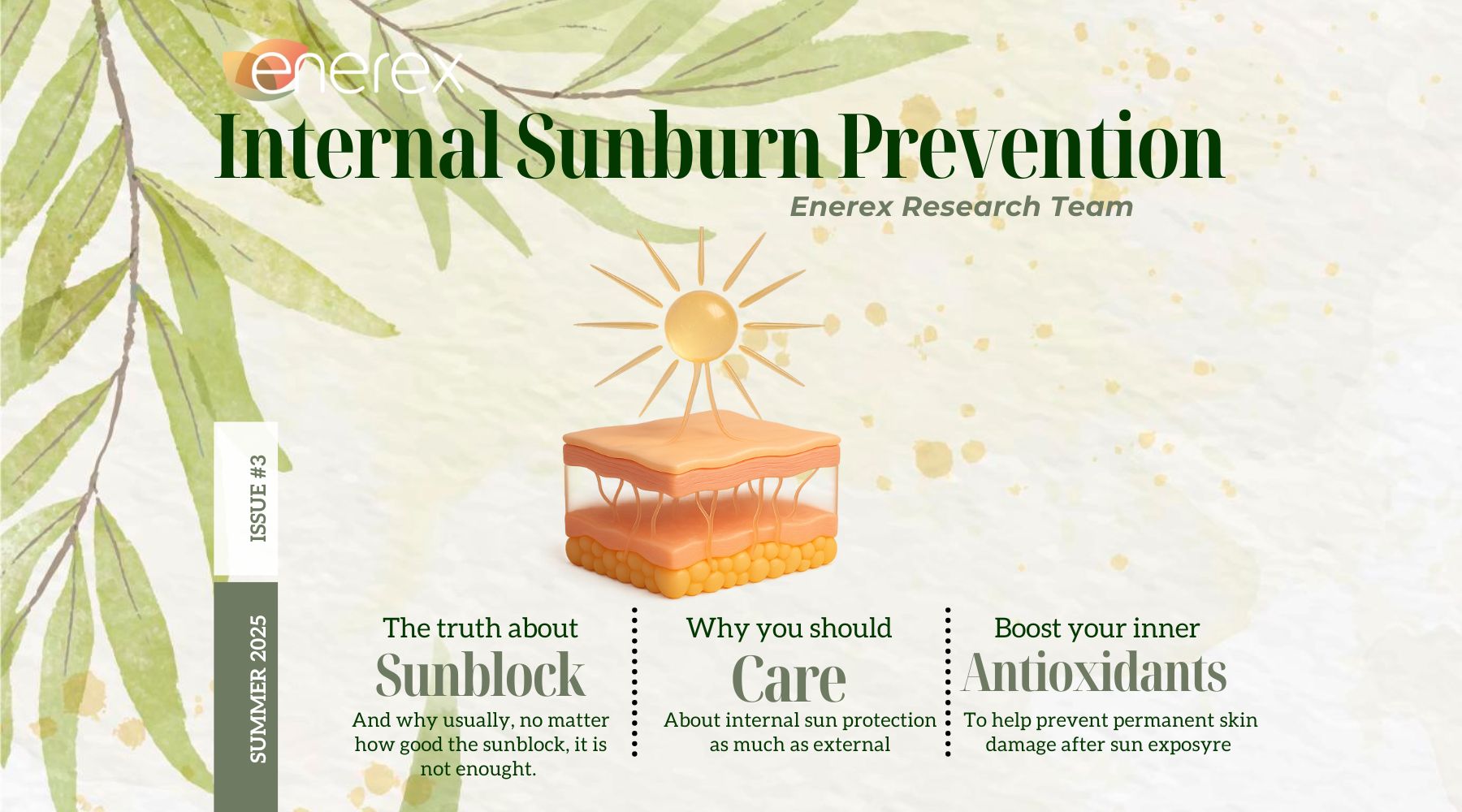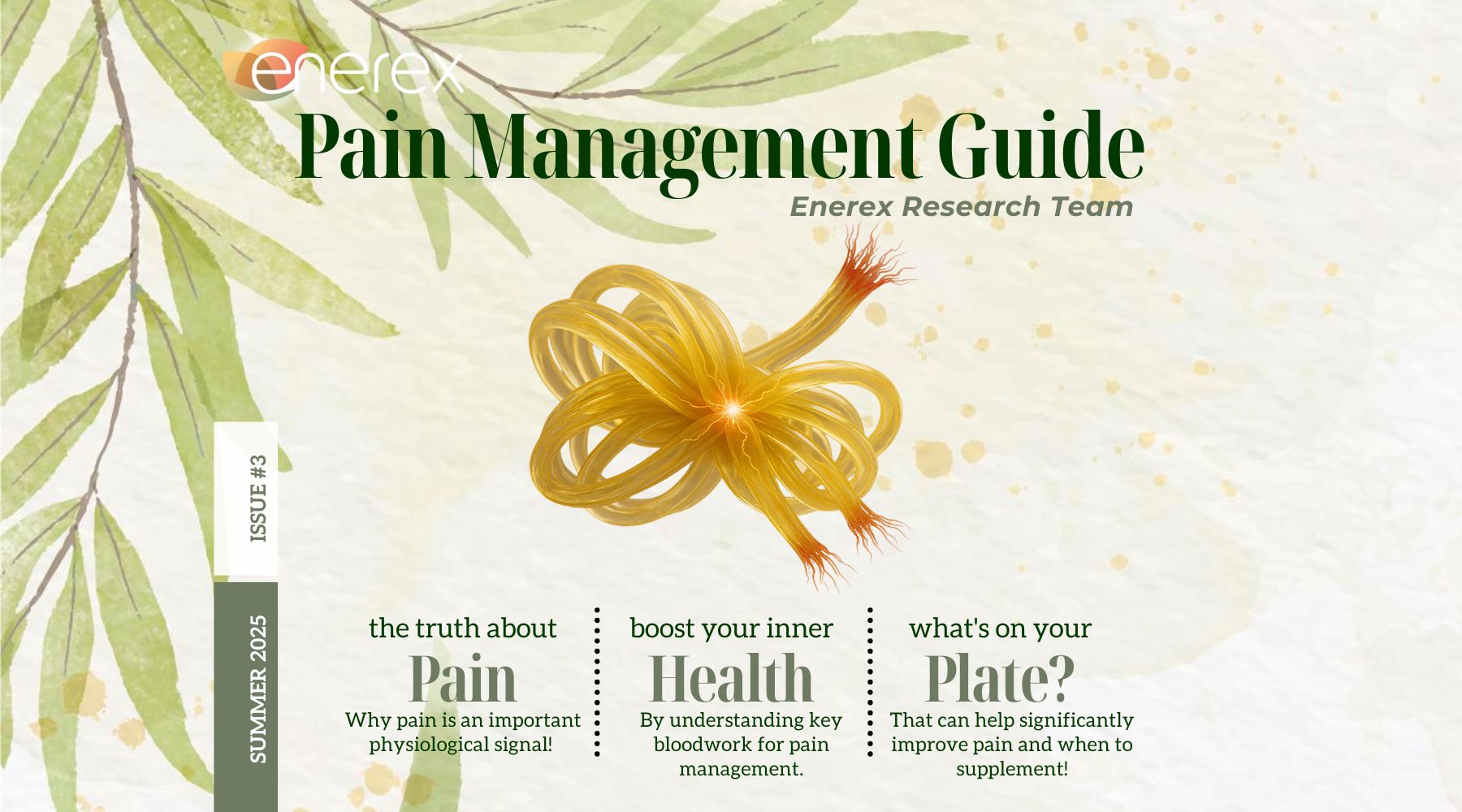Black Seed Oil for Food & Environmental Allergies
Allergies are an inflammatory immune response to a foreign substance that isn’t typically harmful for your body. Common allergens can include pollen, dust mites, pet dander, and certain foods. As an example, when your body encounters pollen, it should realize that it’s harmless – however the immune system may perceive it as an outside invader, which is a threat to the body.
When your immune system discovers an invader, immune cells called B-cells will make Immunoglobulin E (IgE). We have IgE’s that are specific for each type of allergen. That's why some people are only allergic to pet dander; while others have reactions to multiple allergens because they have many more types of IgE antibodies.
IgE antibodies are like wanted signs, they travel and tell other immune cells about specific invaders to look out for. When mast cells and basophils pick up the IgE’s, they become sensitized and will release chemicals including histamine. This makes blood vessels leakier so that white blood cells and other protective substances can sneak through and fight the invader. Allergic reactions may include:
- Bronchial Asthma (coughing, wheezing, shortness of breath)
- Allergic Rhinitis (sneezing, nasal congestion)
- Allergic Dermatitis (Eczema, rashes)
- Food Allergies (itchy mouth, difficulty swallowing, nausea, vomiting, diarrhea, abdominal pain)
- Allergic Conjunctivitis (eye inflammation)
- Anaphylaxis (allergic shock)
Of all the natural remedies for allergies, Black Seed Oil (Nigella Sativa) has some impressive benefits and long-standing history of medicinal uses. Black seed contains over 100 active chemical compounds, including antioxidants, which provide a wide spectrum of health benefits. The most studied constituents are crystalline nigellone, thymoquinone, carvacrol, and beta sitosterol.
Originally cultivated in Egypt, the historical references to Black Seed (Nigella Sativa) are found in some of the oldest religious and medical texts. For example, it is referred to as ‘Melanthion’ by Hippocrates and Dioscorides, while the Bible describes it as the ‘curative black cumin’ it was said that black seeds were found in King Tut's tomb, and used as a treatment for ‘every illness except for death’. Source: From Here to Eternity - The Secret of Pharaohs: Therapeutic Potential of Black Seed
When it comes to Black Seed Oil for Allergies, here is what the modern day research shows:
Bronchial Asthma
Clinical studies of Nigella Sative (Black Seed) showed an improvement of asthma symptom control, lung function and asthma biomarkers. Clinical evidence for the use of Nigella Sativa for patients with asthma is evolving in strength. Eventually, Nigella Sativa may offer a cost-effective and clinically proven therapeutic option for asthmatics with fewer side effects. This may be used as integrative medicine within the Saudi healthcare system and beyond. (1)
Allergic Rhinitis
Topical application of black seed oil was found effective in the treatment of allergic rhinitis. After 6 weeks of treatment 92% of total patients in the active group demonstrated improvement in their symptoms or were symptoms free. Additionally 55% of the active group reported improvement in tolerability of allergen exposure. (2)
Allergic Dermatitis
A clinical study was conducted to compare the efficacy of Nigella Sativa, Betamethasone and Eucerin ointments applied topically twice daily for 4 weeks in new cases of hand eczema. Nigella Sativa and Betamethasone showed rapid improvement in hand eczema and the quality of life as compared to Eucerin. No significant difference was detected between Nigella Sativa and Betamethasone, indicating the possibility that Nigella Sativa had the same efficacy as Betamethasone in the improvement of hand eczema and life quality. (3)
Food Allergies
Thymoquinone was investigated for it’s abilities to alleviate food hypersensitivity and food allergies. In a study, Nigella Sativa was shown to alleviate symptoms and modulate immune markers in mice with induced allergic diarrhea. (4) Thymoquinone has also been shown to provide preventive and therapeutic effects on gastro-intestinal diseases by improving inflammatory, oxidative and toxic injury due to various toxins, microbes and food allergens. (5)
Your body should adjust to your environment, creating homeostasis. There is a common misconception that we need to boost immunity, and having a "strong" immune system is what's best for the body. However, we don't actually want the immune system to be stronger, we want it to be balanced. Having a hyperactive immune response is as unfavourable as having too little of an immune response.
In addition to using Black Seed Oil internally & topically, there are other supportive and natural ways to balance your immune system and prevent or alleviate allergies:
- Focus on a fresh, local and whole-food diet that is filled with vegetables, fruits and phytonutrients
- Address and replenish any vitamin, mineral, or essential fatty acid deficiencies
- Consume live probiotics daily and consider taking a probiotic supplement
- Reduce consumption of inflammatory refined sugars and vegetable oils
- Move your body daily in ways that feel good for you
- Stay hydrated throughout the day
- Get enough high quality sleep
- Use an air filter in your home
- Wash clothes and sheets regularly
- Use fragrance-free and biodegradable cleaning and personal care products
- Drink nettle and dandelion tea daily (cover and steep for at least 10-minutes)
Get a head start if you have seasonal allergies. Start taking precautionary measures a month or two before. Really zone in on your diet, nutrients, and lifestyle factors so your immune system can operate optimally when the season kicks in.
REFERNCES
- Medicinal benefits of Nigella sativa in bronchial asthma: A literature review - https://www.ncbi.nlm.nih.gov/pmc/articles/PMC6111118/
- Evaluation of topical black seed oil in the treatment of allergic rhinitis - https://pubmed.ncbi.nlm.nih.gov/23855426/
- Dermatological effects of Nigella sativa - https://www.sciencedirect.com/science/article/pii/S2352241015000286
- Nigella Satiiva Seed Alleviates Symptoms of Allergic Diarrhea - https://www.ncbi.nlm.nih.gov/pmc/articles/PMC3387213
- Gastrointestinal effects of Nigella sativa and its main constituent, thymoquinone: a review - https://www.ncbi.nlm.nih.gov/pmc/articles/PMC4884214/







Hi i love your product but how can i use take black seed oil daily can i take mix with food or by it self and how much daily recommended for child and adult Thank you for help me
Leave a comment